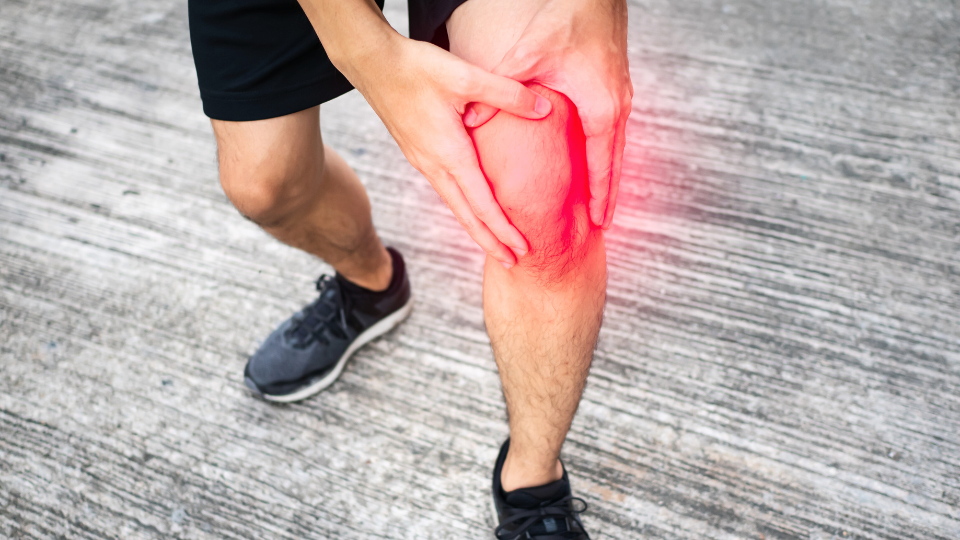Common Foot Problems for Runners and How to Prevent Them
Running is a fantastic way to stay fit, improve mood, and strengthen your cardiovascular system. Still, it also places significant stress on the feet, leading to various injuries. Whether you are a seasoned marathoner or just starting, understanding the most common foot injuries and how to prevent them is essential for keeping your feet healthy and injury-free.
What Are the Most Common Foot Injuries?
One of the most frequent foot injuries experienced by runners is plantar fasciitis, which occurs when the thick band of tissue (the plantar fascia) connecting your heel bone to your toes becomes inflamed. Runners with plantar fasciitis often report sharp heel pain, particularly in the mornings or after sitting for long periods. This condition tends to develop from repetitive stress on the foot or improper running mechanics.
Another common issue is stress fractures, tiny cracks that develop in the bones of the foot due to repeated impact. Runners may experience persistent pain, swelling, and tenderness in the affected area, especially if the injury goes untreated. Stress fractures often result from increasing mileage too quickly or running on hard surfaces without proper footwear.
Achilles tendonitis is another injury to watch out for. This condition occurs when the Achilles tendon, which connects the calf muscle to the heel, becomes irritated and inflamed. Runners usually feel pain or stiffness along the back of their heel, especially during or after a run. This injury is common in runners who increase speed or intensity without proper warm-up.
In addition, many runners struggle with painful blisters and fluid-filled pockets that form on the skin due to friction from ill-fitting shoes. Even though blisters are not typically severe, they can be incredibly uncomfortable and interfere with your running routine.
Lastly, shin splints, or pain along the shinbone, often occur due to overuse or poor running form. If not addressed early, shin splints can make it challenging to continue running.
How Can I Prevent Foot Injuries While Running?
Preventing these common foot injuries starts with the proper preparation and gear. First and foremost, choosing the correct running shoes is crucial. Invest in shoes that offer good support and cushioning for your feet, and replace them regularly to ensure they provide the protection you need.
Increase your running mileage and speed gradually to avoid injury. Jumping too quickly into long distances can overload your feet and lead to overuse injuries like stress fractures. Consider following a running plan that builds mileage at a steady, manageable pace to avoid overtraining.
Strength training also plays a key role in injury prevention. Focus on exercises strengthening your feet, ankles, and calves to enhance stability. Stronger muscles help absorb impact and reduce strain on bones and tendons.
Proper running form is another important factor in preventing injuries. Pay attention to how you run to avoid putting unnecessary stress on your feet and lower legs. Consider working with a running coach or physical therapist to fine-tune your form.
Finally, rest and recovery are just as vital as the runs themselves. Give your body ample time to recover between runs, and consider incorporating cross-training activities like swimming or cycling, which allow you to stay active without putting additional stress on your feet. Stretching your calf muscles, hamstrings, and Achilles tendon before and after your run can also improve flexibility and reduce injury risks.
What are My Treatment Options for Foot Injuries Caused By Running?
If you experience foot pain or discomfort, seeking professional guidance to diagnose the issue properly is essential. A healthcare provider may recommend resting to allow the injured area to heal. Applying ice to the affected area for 15-20 minutes several times daily can reduce swelling and pain.
Compression techniques, such as wearing compression socks or bandages, can help support the injured area while reducing swelling. Elevating the foot can further assist in managing any swelling. Over-the-counter anti-inflammatory medications, such as ibuprofen or naproxen, can relieve pain and inflammation.
Physical therapy might be necessary for more severe injuries or persistent pain to improve flexibility and strengthen weakened muscles. Some runners benefit from custom orthotics, which correct imbalances in foot mechanics and reduce stress on specific foot areas. In rare, more advanced cases of injury, corticosteroid injections might reduce inflammation and facilitate healing.
Expert Foot Injury Treatment at Orthopedic Health of Kansas City
Running is a rewarding activity, but it’s essential to prioritize foot health to prevent common injuries. By wearing the right shoes, strengthening your lower body, and allowing for proper recovery, you can reduce the risk of foot problems and enjoy running pain-free. If you experience discomfort, early intervention, and expert treatment are critical to a swift recovery. Let Orthopedic Health of Kansas City guide you in overcoming foot injuries and achieving your running goals. Book an appointment online at one of our many convenient locations.

